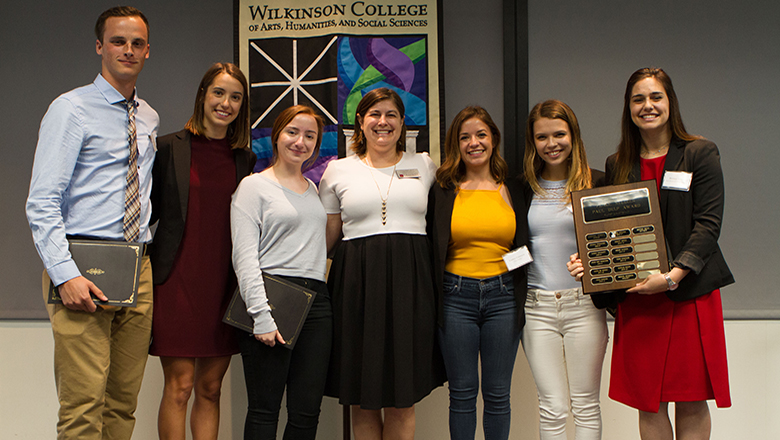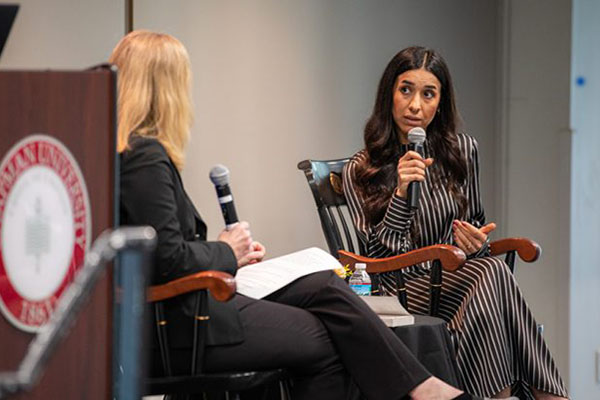Despite great strides in science and technology, the modern world continues to be
plagued by war and social conflicts. A growing number of institutions of higher education
have come to the conclusion that just as we have service academies to educate young
people in the ways of war, we need Peace & Justice Studies programs to train students
how to work toward the peaceful solution of world problems. More than 200 university
level Peace Studies programs have emerged across the United States. Chapman, at the
forefront of this movement is among the relatively few universities to offer a full
scale academic major in this new field. The Chapman Peace & Justice Studies program
is premised on the belief that peace implies more than just the absence of war. Positive
peace involves social justice as well as non-violent conflict resolution. Peace is
something which must be built, using methods which themselves are non-violent.
How Might a Student Use a Degree in Peace & Justice Studies?
Employment opportunities include public service with the government or multi-national
institutions such as the United Nations. Specialization in conflict resolution can
lead to opportunities in labor management relations or community relations. A wide
variety of peace and social action organizations seek persons who are both committed
to service and academically grounded in peace and social justice issues. Finally,
many churches and religious organizations employ peacemakers.
Academic Program in Peace & Justice Studies
Since Peace & Justice Studies is an inherently interdisciplinary major, it is built
around a core of five courses: Introduction to Peace Studies; Conflict Resolution;
Political Economy; Nonviolent Social Change; and the Senior Seminar. These are supplemented
with five additional courses offered in Peace Studies or related fields. Examples
include: Peace and Conflict in the Middle East; Race and Change in the U.S. and South
Africa; Vietnam: War, Peace & Legacy; International Law; International Organization
and World Order; Gender Roles. Finally, the Peace Studies student takes a concentration
in one department of four courses to provide expertise in an area appropriate to his
or her career choice. Internships in Peace Studies are encouraged to permit students
the possibility of gaining practical experience. Included among the offerings are
occasional study tours to countries such as Mexico (Chiapas), Costa Rica, Nicaragua,
Cuba, and South Africa. Peace Studies majors are strongly encouraged to study abroad;
recent graduates have done so in Ghana, South Africa, Namibia, Kenya, Zimbabwe, Costa
Rica, England, Austria, Spain, Morocco, Northern Ireland, and Nicaragua.

